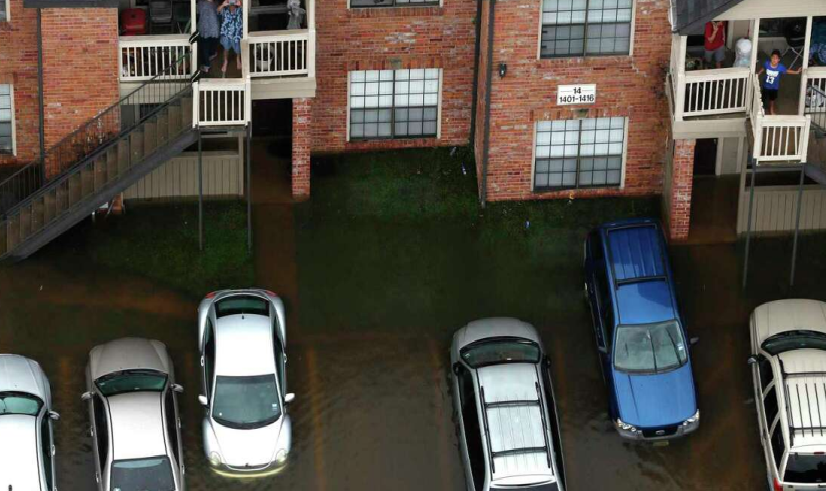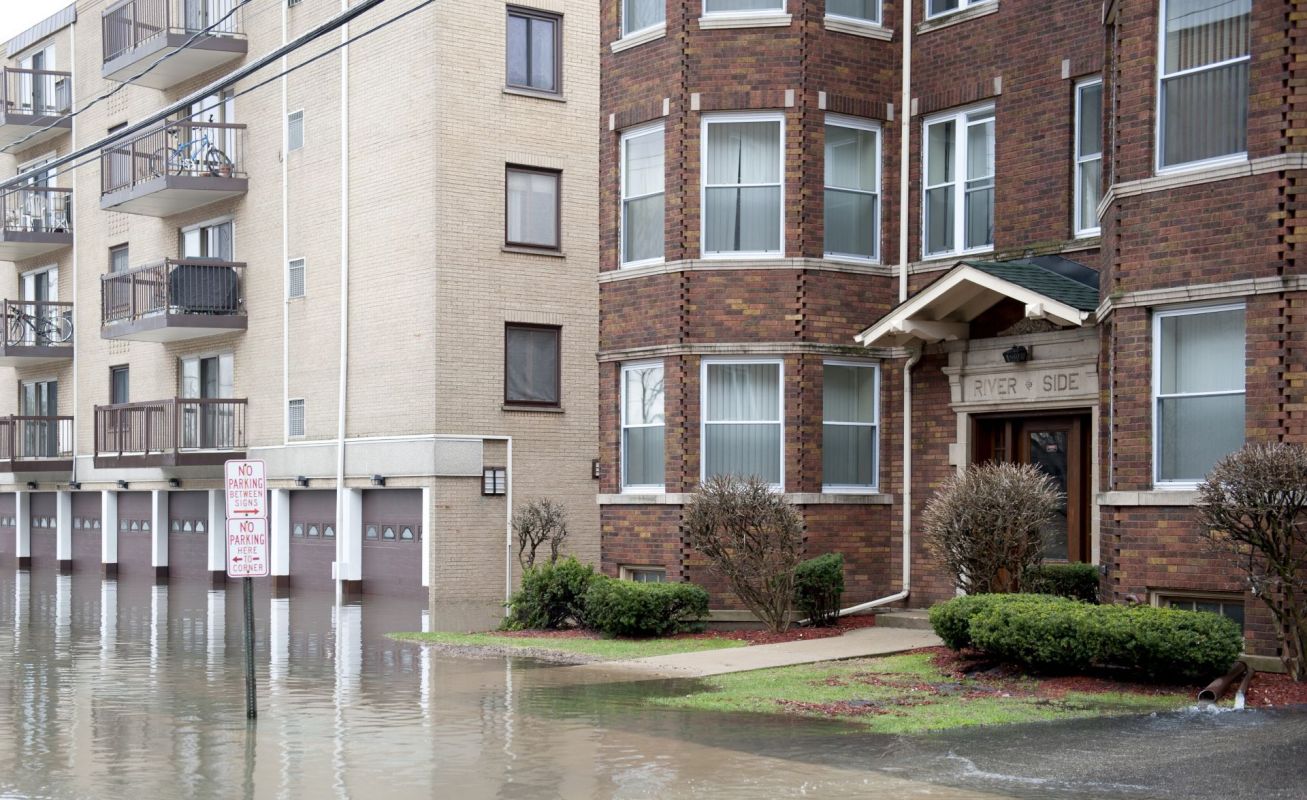In many parts of Texas, flood risk is a major concern when renting or buying a new home.
A Redditor shared an article from the Houston Chronicle that explains how a law that went into effect in 2022 requires Texas landlords to notify renters of flood risk.
The law requires landlords to tell prospective tenants if the area where they live is located inside a 100-year floodplain or if it has been damaged by flooding within the past five years.

The news was posted on the popular Reddit community r/houston, which has more than 367,000 members.
The burning of dirty energy sources — like coal, gas, and oil — to heat our homes and power our cars releases planet-overheating gases into the atmosphere, warming up the Earth and increasing the threat of extreme weather events and flooding in many parts of the world.
Rains have become heavier as a warmer atmosphere can trap and hold more moisture.
Flooding has always occurred in the United States, but a national assessment found that parts of the country have seen a 42% increase in rainfall since the 1950s.
A 2021 report published in the Texas Tribune discovered that the average daily minimum and maximum temperatures in the state rose by 2.2 degrees Fahrenheit from 1895 to 2020. Hurricane Harvey battered the state in 2017 and caused $125 billion in damage, the Tribune reported.
The purpose of the law is to encourage renters to purchase flood insurance, which would protect them from a severe financial burden if floods destroy their homes.
The Houston Chronicle reported that Christina Rosales, the former deputy director of Texas Housers, a nonprofit that supports people in low-income areas, told a House committee that "in some particularly low-lying areas, tenants have to flee from floods in waist-deep water."
The news spurred one Redditor to say: "This is why I have always insisted on a second floor apartment or higher."
"Pretty much everywhere in the Houston area is a flood risk," added another.
Another commenter had little more to say than: "That's the world we live in."
Join our free newsletter for easy tips to save more, waste less, and help yourself while helping the planet.









